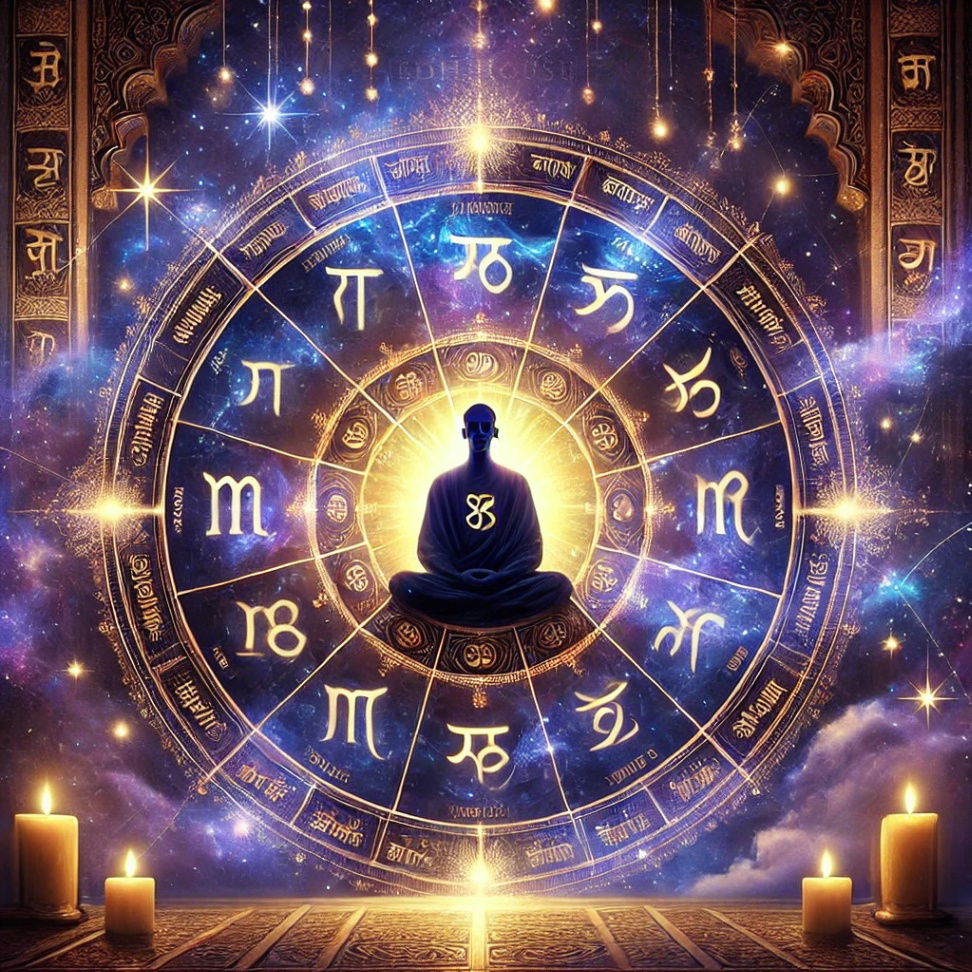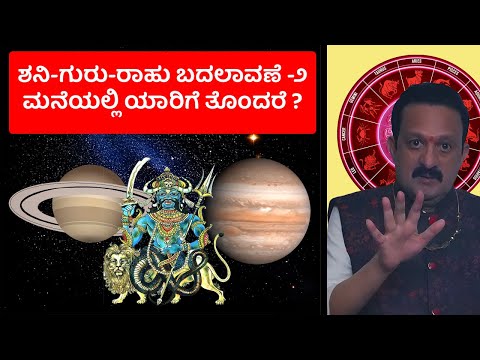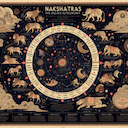Vedic Astrology Guidelines
Vedic astrology, also known as Jyotish Shastra, has its roots deeply embedded in the ancient texts and teachings of the sages and monks of India. Over time, the true essence of astrology has been diluted, leading to confusion and misinterpretation. This article aims to provide a comprehensive understanding of Vedic astrology, shedding light on its natural connection with life and the universe.
Understanding the Basics of Vedic Astrology
Vedic astrology is not just about predicting the future. It is a science that connects our lives on Earth with the celestial bodies in the sky. The sages and monks who developed this science believed that the planets and stars have a profound influence on our lives. They emphasized the importance of understanding this connection to lead a harmonious and fulfilling life.
The Natural Connection
One of the fundamental principles of Vedic astrology is its natural connection with life. The planets, stars, and other celestial bodies are not just distant entities; they are intrinsically linked to our existence. This connection is not merely theoretical but has practical implications for our lives. To truly understand astrology, one must recognize and appreciate this natural connection.
Planets and Their Influence
In Vedic astrology, planets are not just physical bodies in space. They are considered as deities with specific roles and responsibilities. The major planets include the Sun, Moon, Mars, Mercury, Jupiter, Venus, and Saturn. Each planet has its unique influence on different aspects of our lives. For instance, the Sun represents the soul, the Moon signifies the mind, and Mars symbolizes energy and courage.
Understanding Planetary Energies
Each planet has a specific energy or principle associated with it. These energies influence our lives in various ways. For example, Mars is known for its aggressive and assertive energy, which can manifest as courage and determination. However, if not balanced, this energy can also lead to conflict and aggression. Understanding these energies and how they interact with each other is crucial for interpreting astrological charts.
Male and Female Planets
One of the common misconceptions in astrology is the classification of planets as male or female. Traditionally, Mars is considered a male planet while Venus is seen as female. However, this classification is not rigid. Both planets can exhibit male and female principles depending on the context. For instance, Mars rules Aries, a male sign, and Scorpio, a female sign. This duality highlights the complexity and depth of planetary influences.
The Role of Rahu and Ketu
Rahu and Ketu, known as the lunar nodes, play a significant role in Vedic astrology. Rahu represents material desires and worldly pursuits, while Ketu signifies spiritual growth and liberation. These two forces are often seen as opposing yet complementary. Understanding their influence can provide insights into an individual's life path and karmic lessons.
Astrology and Nature
The sages believed that to understand astrology, one must be in tune with nature. Our connection with the Earth and its elements is vital for interpreting astrological influences. For instance, the elements of Earth, Water, Fire, Air, and Ether are fundamental to our existence and are represented by different signs and planets in astrology. Recognizing this connection helps in making accurate and meaningful astrological predictions.
The Importance of Grounding
Grounding is a crucial concept in Vedic astrology. It refers to being in touch with the Earth and its energies. This practice helps in balancing the planetary influences and brings clarity to one's life. Grounding can be achieved through various means such as spending time in nature, practicing mindfulness, and connecting with the elements.
Simplifying Astrology
Vedic astrology can seem complex and overwhelming. However, by understanding its natural principles and connection with life, it can be simplified. The key is to approach astrology with an open mind and a willingness to learn. By doing so, one can gain valuable insights into their life and make informed decisions.
The Future of Vedic Astrology
As we move forward, it is essential to preserve the true essence of Vedic astrology. This involves reconnecting with its natural principles and teachings. By doing so, we can ensure that this ancient science continues to guide and enlighten future generations.
Conclusion
Vedic astrology is a profound and intricate science that connects our lives with the cosmos. By understanding its natural principles and grounding ourselves in its teachings, we can navigate our lives more effectively. As we embrace the wisdom of the sages, we can unlock the true potential of astrology and lead a harmonious and fulfilling life.
```


































